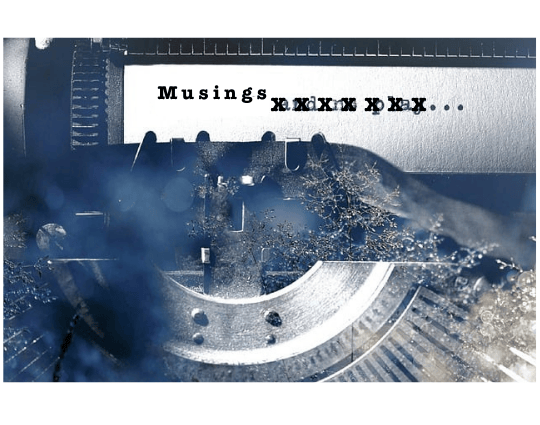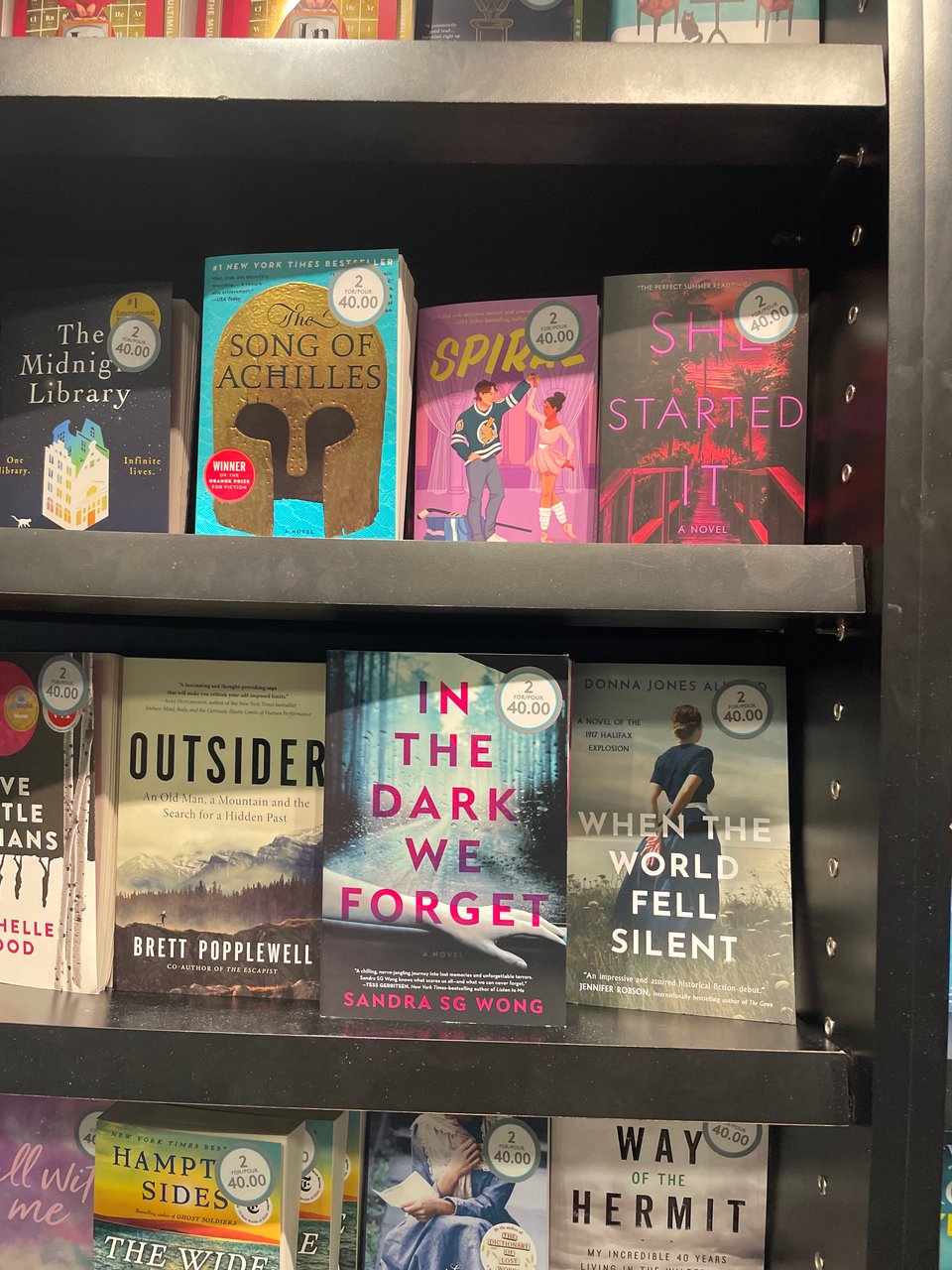Some Impromptu Writing Thoughts
From an older version of my brain, to yours.

Impromptu as in, I had something else planned for this month's Musings…
but it looks like I’ll need to wait to share that bit of news. So, instead, here’s something that came up recently (again).
My workshop presentation last weekend for the Women’s Fiction Writers Association was a very fine success indeed, if the feedback I’ve received is any indication. I’m grateful to everyone at WFWA working behind-the-scenes for all of their support and enthusiasm.
A particular question came up during the Q&A. In fact, it’s a very familiar question for marginalized and especially, it seems, racialized authors. In this case, someone popped this into the Q&A panel while I was still handling housekeeping items; they were that keen.
How do I write diverse characters?
The short answer: Research, research, research.
The long answer? Requires nuance. Buckle up.
Whenever I get this question—which happens a lot—I ask the writer* to step back and consider why they’ve chosen to make their protagonist or main character a person from a background with which they have little to no lived experience. (*This writer has so far in my experience always been a white person, and most often, middle-aged or older.)
I ask them to consider: Is this truly their story to tell? How, if it requires the narrator or POV character to be from a totally different culture to tell it? And, given the overwhelming cishet, abled whiteness of the publishing industry, I ask them to consider that their version of this tale might very well block out, from being published, a writer actually from that culture. And in this economy? That could be devastating for a marginalized writer.
Oh, it’s just a minor character. We’re being told to populate our novels with diverse characters, so this is how I can do that.
People are not diverse. Groups can be diverse, perspectives can be diverse, for example, but not individuals. We are whole in and of ourselves. Our experiences may be diverse. This is an important distinction to me, if not to other marginalized people. From personal experience, when I hear people use “diverse characters,” I know to brace for microaggressions or harmful ignorance or bald bigotry.
Populating one’s novels with a wide range of character cultures because that reflects the settings chosen for the novels, is great and can be a good challenge for privileged writers.
Populating one’s novels with a wide range of “colourful” characters might more accurately be called out as tokenism. Which is dehumanizing. And bad for empathy.
Ultimately, it’s always up to any given writer to choose what and how to write. As I’ve said before about conflating permission with consequences, nobody’s saying “you aren’t allowed” to write whatever you want to write about.
But we are saying, “you’re not equipped” to tell this story.
Side note: There’s a book out right now, written by a white man featuring a Latino main character with an awful stereotypical name, which I’ve seen spotlit as a “summer must-read.” Also, remember the American Dirt debacle? That author recently released another novel and received alllll the media coverage (read: the publicity department happily utilized the controversy). Clearly, publishers are fine with certain authors flying perilously close to the sun. As are many—too many—readers, who ought to know better in the year of our lord 2025.
If a writer chooses to write about a culture they have no personal experience with, then they should be prepared to do homework like never before. They should do as much meticulous research as they would for a historical—and then some. Because this is a living culture they want to use for their character(s). That requires respect as a base minimum, and authentic humility from understanding that they’re the outsider asking for something. Yep, even when offering remuneration. Money may pay for someone’s time, to share their cultural knowledge, but it doesn’t entitle anyone to access.
Once they’ve put that research to good use, said writer must be prepared to work in good faith with a third-party sensitivity editor. Which might result in additional careful homework. And then, once strangers read this story, said writer must be ready to accept and process the feedback/consequences/results.
They may receive acclaim because they did a ton of work and it shows.
They may be heavily criticized because they re-enacted and reinforced, however unintended, the same extractive practices of colonization which have been forced upon cultures and communities around the world, and around the block.
Impact always matters more than good intentions. How can a writer from the dominant culture avoid the intersecting harms caused by telling a story taken from a marginalized community or culture? I don’t think they can. They may believe they can, though, and this mistaken belief—and often wilful blindness—is at the root of an entire forest of harmful consequences.
The ability to write imaginatively outside of one’s own experiences is a sure sign of a good writer. The ability to do so while respecting the boundaries of other cultures is the hallmark of a good person. I think we should strive to be both.
In Other News
So excited to confirm that the Local Authors Book Bazaar is a go!
Saturday July 5th, 9:30am to 5:30pm, at the downtown Stanley Milner branch of Edmonton Public Library. One day only. I’m not sure if I can be there for the entire 8 hours, but I’ll definitely be there in the afternoon.
Organized by Rhonda Parrish, 2025 EPL Writer-in-Residence.
All sales to be handled by Variant Edition, my favourite comics shop in town. They get a percentage of sales, so this is a perfect way to support local authors and a cool local business.Rhonda has also invited me to be a part of the “Writing Mysteries” panel, a free virtual event on Thursday Sept. 25th, with E.C. Bell and Candas Jane Dorsey. Full disclosure: we’re all friends and this will be an absolute hoot. Please join us!
It’s early days yet, but I have re-upped for another go as a mentor on faculty with the Humber College Creative Writing Program! Stay tuned for dates and the link to register.
Oh, there’s just one more thing...
I have an “airport book”!
A friend sent me this snap from the Vancouver airport (YVR) over the weekend.

I’ve seen ITDWF in the YEG Indigo; I’ve even posted about it. And I do think it’s cool that they had 3 copies, even. At the same time, it was shelved where no one would ever casually see it.
So this is pretty exciting for me, to know that in one of the busiest airports in Canada (!!), my wee book got some prominent attention. I fervently hope someone who’d never heard of me before bought it, read it on their flight, and raved about it to an avid reader in their life! 🤓